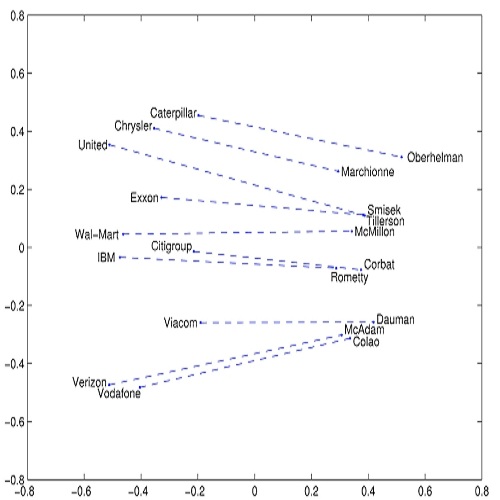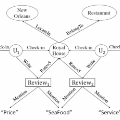The multilingual dictionary of noun valency Portlex is considered to be the trigger for the creation of the automatic language generators Xera and Combinatoria, whose development and use is presented in this paper. Both prototypes are used for the automatic generation of nominal phrases with their mono- and bi-argumental valence slots, which could be used, among others, as dictionary examples or as integrated components of future autonomous E-Learning-Tools. As samples for new types of automatic valency dictionaries including user interaction, we consider the language generators as we know them today. In the specific methodological procedure for the development of the language generators, the syntactic-semantic description of the noun slots turns out to be the main focus from a syntagmatic and paradigmatic point of view. Along with factors such as representativeness, grammatical correctness, semantic coherence, frequency and the variety of lexical candidates, as well as semantic classes and argument structures, which are fixed components of both resources, a concept of a multi-sided prototype stands out. The combined application of this prototype concept as well as of word embeddings together with techniques from the field of automatic natural language processing and generation (NLP and NLG) opens up a new way for the future development of automatically generated plurilingual valency dictionaries. All things considered, the paper depicts the language generators both from the point of view of their development as well as from that of the users. The focus lies on the role of the prototype concept within the development of the resources.
翻译:暂无翻译





